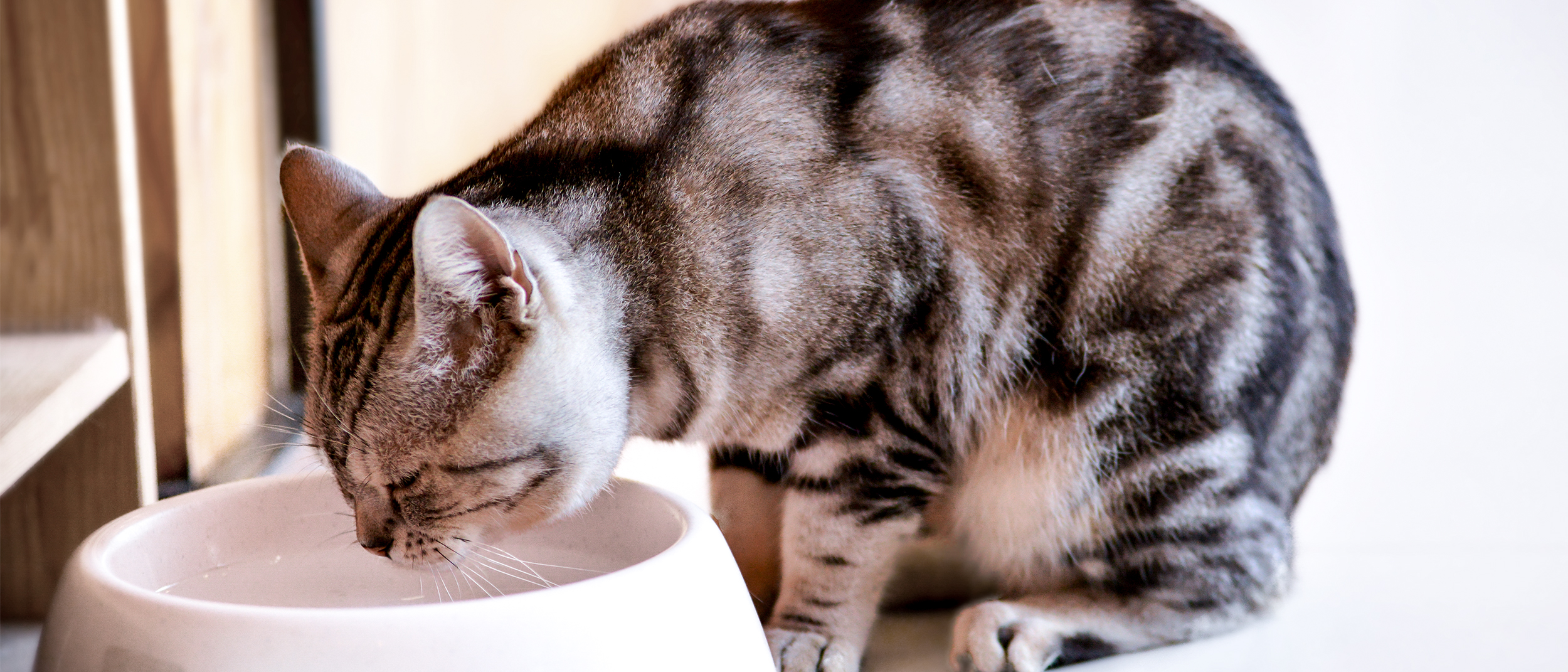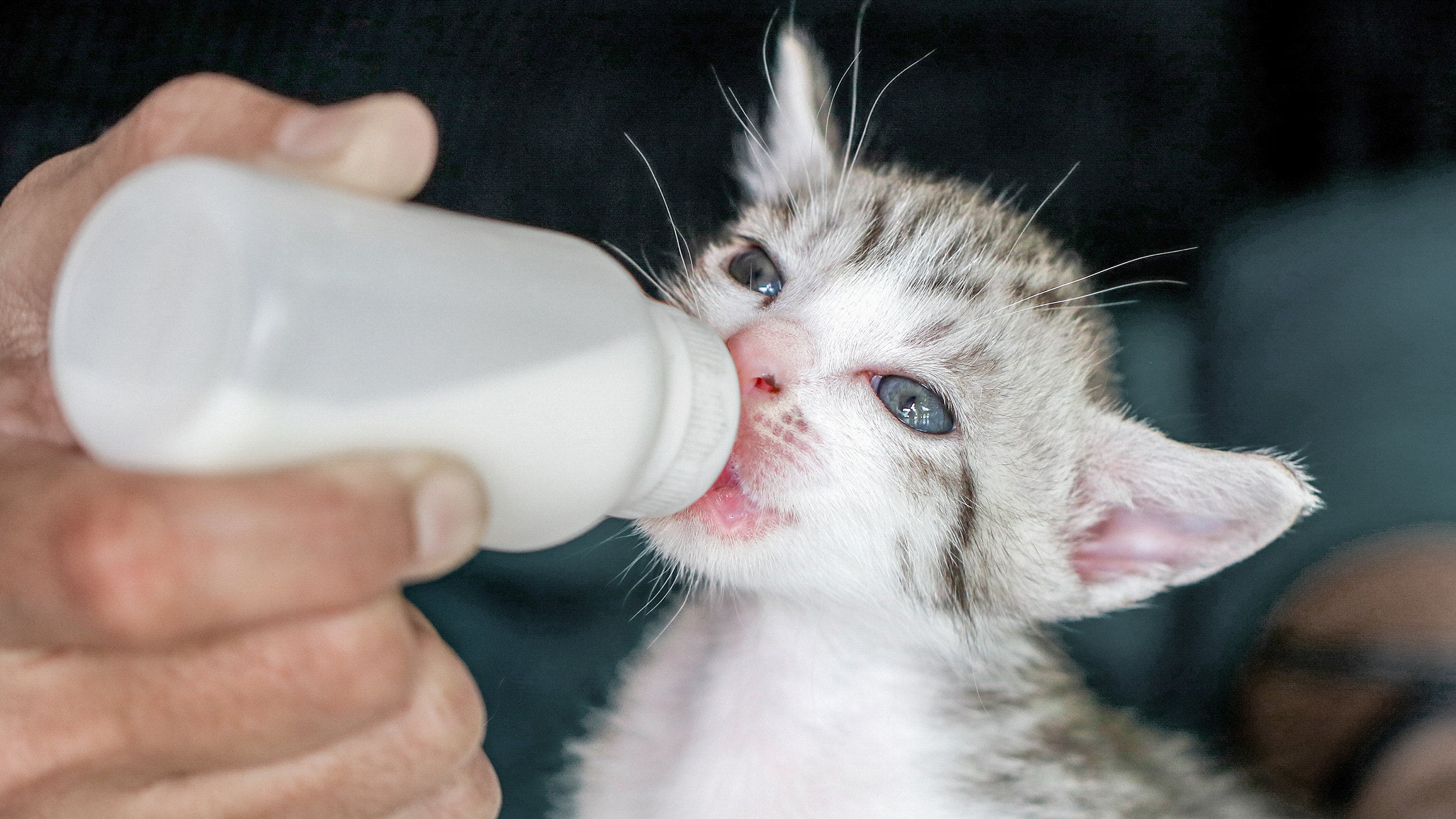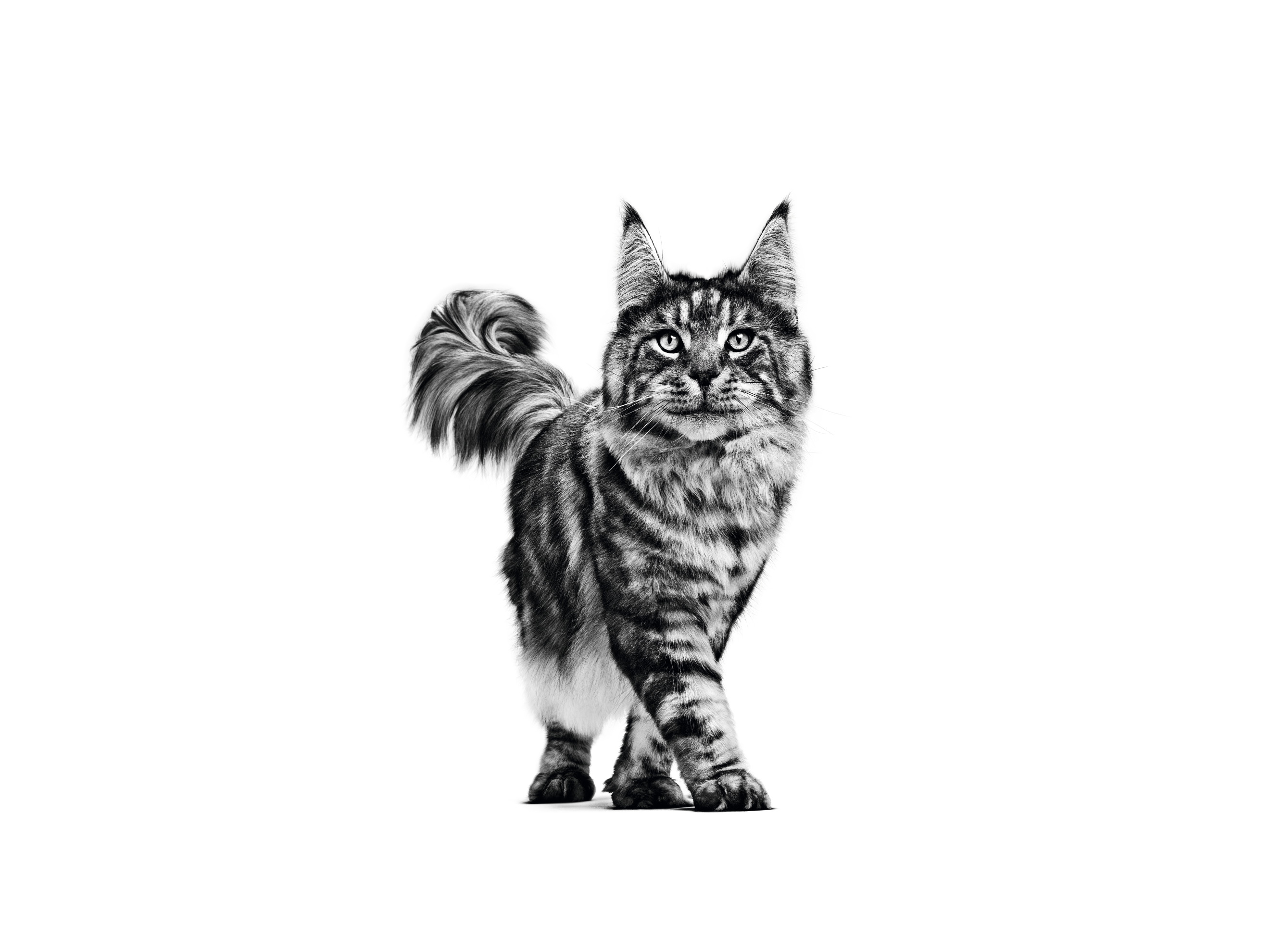Kitten nutrition guide

How kitten feeding differs to adults
Kittens' nutritional needs are very different from those of adult cats. Their food should contain more energy and protein than adult cat food to support bone and muscle growth, as well as plenty of antioxidants to strengthen their immunity. As they explore, play, and grow, kittens need food that is adapted to their size while giving them the right balance of nutrients to support their development.
The importance of diet
Your kitten’s food must be up to the task of supporting their development as they go through intense periods of growth. A kitten’s food needs to be easy on the digestive system and adapted to their mouth and teeth. Kittens require a diet that is high in protein to support the growth of skeleton and muscle. Kittens also need foods containing antioxidants to help build their immature immune system, especially in the period before they are vaccinated.
Feeding wet vs dry food
Feeding your cat wet food rather than dry food has its benefits as it not only contributes to their water intake, but also has a stronger aroma that may tempt them if they are a fussy eater as a cat’s sense smell being more sensitive than their taste. On the other hand, dry food accommodates more for grazers as dry food stays fresher in their bowl for longer.
Managing the transition
Either way, you should introduce any changes to your cat’s diet gradually to prevent stomach upset. Cats can be sensitive to changes in their diet, and a slow transition will help avoid any issues. Kittens normally drink their mother’s milk in their first weeks of life, so a replacement milk specially formulated for kittens can play an important nutritional role if this isn’t possible. But kittens should not be given cow’s milk (neither should adult cats) as they are unable to digest it, which can cause diarrhea.
Kittens and cats are sensitive to change in their diet and require a slow transition to avoid any problems.

Each stage of a cat’s life brings unique dietary requirements which you can support them with. So, in order to give them the best possible start in life, your kitten’s diet should be tailored to the specific needs of their life stage.
Nutrition for your kitten from birth to four months
During this period, your kitten is going through an intense growth spurt. To fuel the development of their skeleton, muscles and organs, they have specific nutritional needs.
In the early weeks, they’ll suckle from their mother and receive colostrum – a milk-like fluid which supports their immunity – followed by milk. Starting at around four weeks, you can begin to transition them to a solid food as they start to show interest in it and their ability to digest lactose wanes.
During this time, you can give them a food specifically designed for kittens with the right mix of required nutrients, including the 11 essential amino acids which support muscle and cell growth, as well as healthy skin, hair and claws. Cats can’t synthesise these elements internally, so it’s essential their food provides them with ‘complete’ nutrition.
Until 12 - 16 weeks old, depending on their breed, kittens are growing and gaining weight rapidly, and therefore have extremely high energy requirements; it’s around three times that of an adult cat. But as a kitten’s digestive system is not yet mature, they need an energy-dense food which doesn’t include unnecessary bulk, as this can cause digestive distress.
Creating the right environment for your kitten
When feeding your kitten, it is essential to create the perfect environment that will make them excited for mealtimes. Here’s some environmental tips to consider:
- Quiet and calm - Creating an environment without distractions will allow your kitten to focus solely on their food.
- Separate areas - Make sure to spread out your kitten’s food bowl away from their water bowl and litter box to avoid any contamination.
How much should your kitten drink
When it comes to giving your kitten water, it is essential to ensure that fresh, clean water is available in several quiet areas around your home and wash the bowls regularly to prevent bacteria and odor issues. Also, it is advised that your kitten should drink 2 oz. of water per kg of weight, but this can vary depending on temperature, activity levels, and the health of your kitten.

Find a vet
The science behind Royal Canin kitten nutrition
Like & share this page